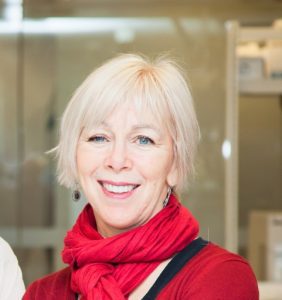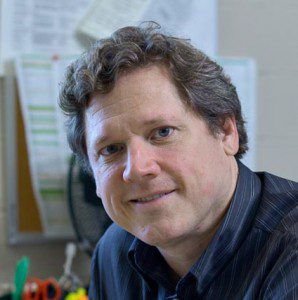
Pain hypersensitivity and many other diseases could be associated with a protein that acts as an ion pump in neurons.
The research team led by Yves De Koninck, at Université Laval’s Faculté de médecine and the CERVO Brain Research Centre had already targeted a protein called KCC2 as a key player in the mechanism leading to pain hypersensitivity. A new study published in Nature Communications confirms confirms this lead and reinforces the idea that this protein could be a target of choice for the creation of a new class of analgesics to treat this problem that medicine is often powerless to address. Continue reading






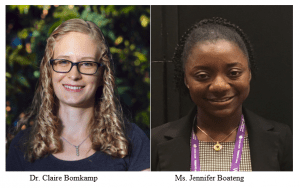 Dr. Claire Bomkamp (UBC) and Ms. Jennifer Boateng (McGill) participated as Teaching Interns for the 13th CAN-IBRO school held from May 13-31, 2019 in Montreal and Toronto. The two interns contributed to the teaching of 6 African and 6 Latin American graduate students and postdoctoral fellows and found it a great experience.
Dr. Claire Bomkamp (UBC) and Ms. Jennifer Boateng (McGill) participated as Teaching Interns for the 13th CAN-IBRO school held from May 13-31, 2019 in Montreal and Toronto. The two interns contributed to the teaching of 6 African and 6 Latin American graduate students and postdoctoral fellows and found it a great experience. 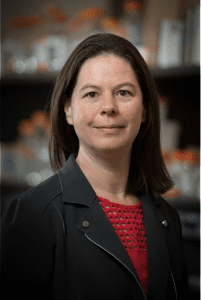

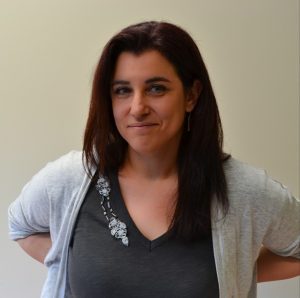 Source: MUHC and Lady Davis Institute
Source: MUHC and Lady Davis Institute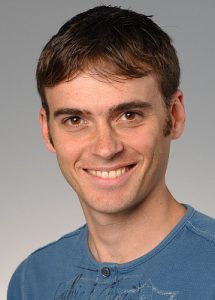 In conjunction with Chinese, Belgian, German and American academic colleagues, the team of researchers from the Université de Sherbrooke (UdeS), led by the Director of the Department of Pharmacology-Physiology, Professor Louis Gendron, participated in the discovery of the binding mechanism of an important opioid receptor. The results should facilitate the development of new active substances. Opioids used today to treat severe pain can be addictive and often have significant side effects, such as nausea. The results are published in the renowned journal Science Advances.
In conjunction with Chinese, Belgian, German and American academic colleagues, the team of researchers from the Université de Sherbrooke (UdeS), led by the Director of the Department of Pharmacology-Physiology, Professor Louis Gendron, participated in the discovery of the binding mechanism of an important opioid receptor. The results should facilitate the development of new active substances. Opioids used today to treat severe pain can be addictive and often have significant side effects, such as nausea. The results are published in the renowned journal Science Advances. 

